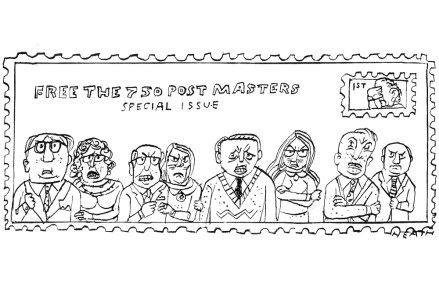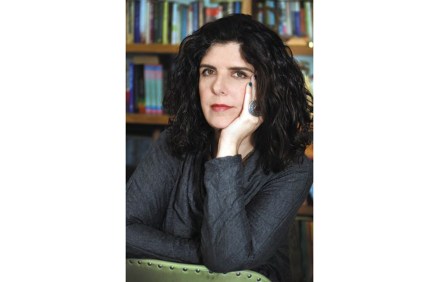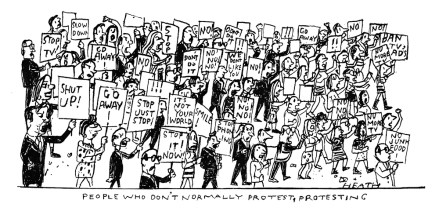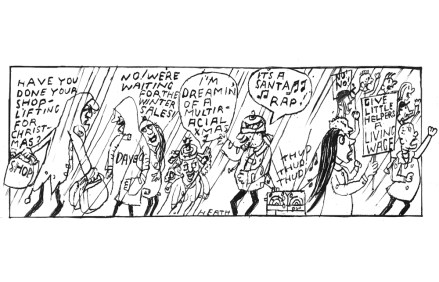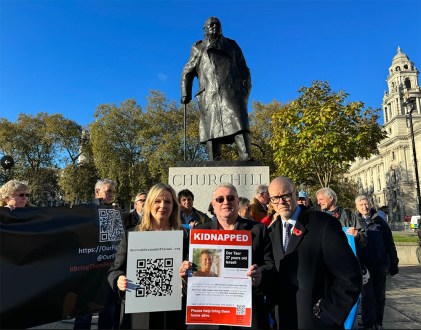Conrad Black adheres firmly to the ‘great man’ view of history
George Orwell has a story that when Sir Walter Raleigh published the first volume of his projected history of the world while in prison, he witnessed a brawl outside his rooms in the Bloody Tower which resulted in the death of a workman. Despite diligent enquiries, Raleigh was unable to discover the cause of the quarrel. Reasoning that if he could not even ascertain the facts behind what he had observed he could hardly accurately report what had happened in distant lands centuries earlier, he burned his notes for the second volume and abandoned the entire project. No such doubts assail the 79-year-old Conrad Black, sometime proprietor of The Spectator,




